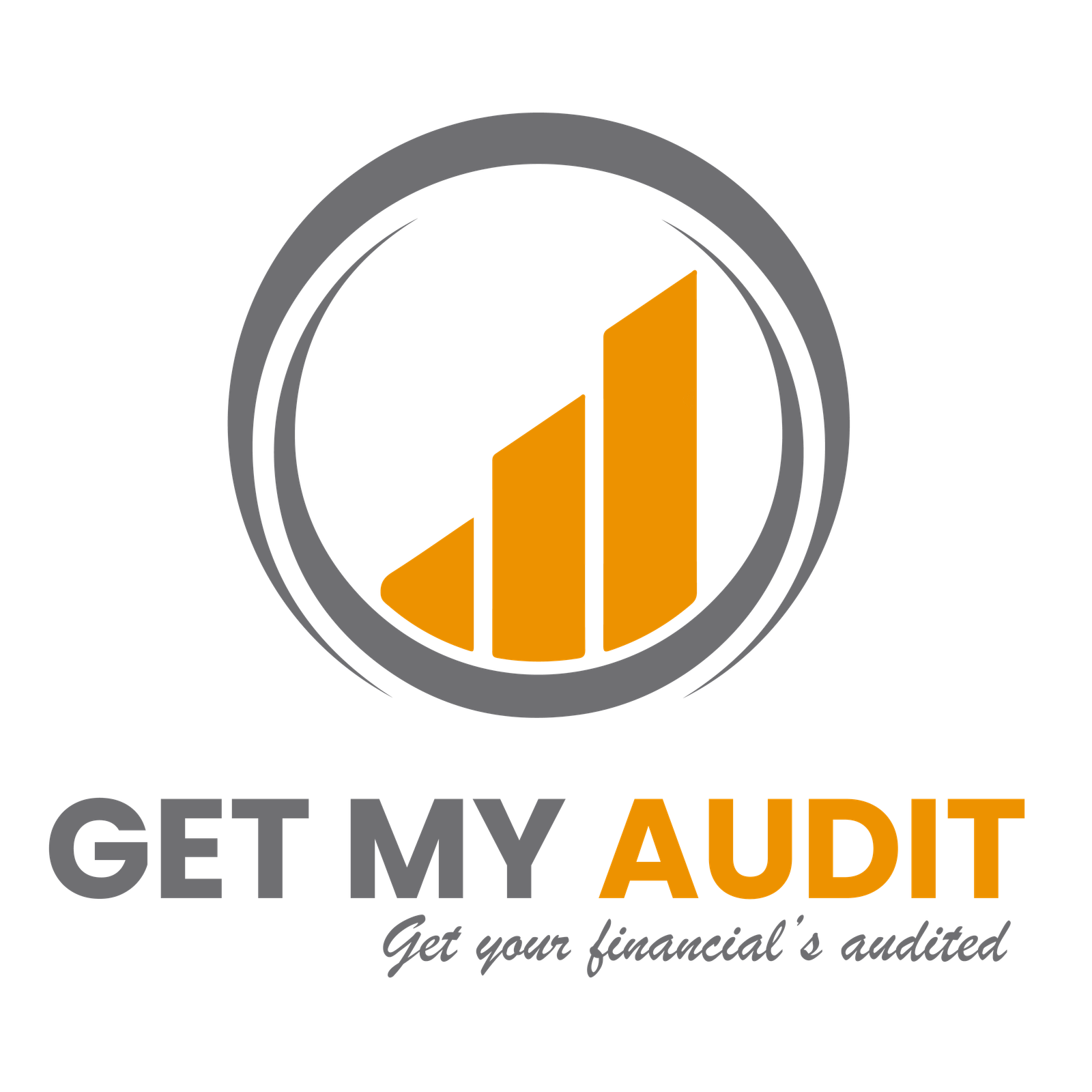Education Verification Background Check

The Importance Of Education Background Checks
An Education Verification checks if the details of a job candidate provided about their educational background are accurate. It looks into things like the high schools, colleges, universities, or vocational training programs they claimed to have attended or completed. You can think of it as an Education Background Check or just an Education Check. Employers use this service to identify any potential discrepancies or inaccuracies in a candidate’s educational qualifications before making a hiring decision. The verification process helps ensure the candidate’s claimed educational credentials are legitimate.
Education Verifications help you:
- Hire qualified, educated candidates more quickly
- Mitigate risk of hiring a candidate with false education credentials
- Protect your organization against liability claims
- Comply with federal, state, local and industry regulations
What Does An Education Verification Background Check Show?
An education background check shows whether the applicant attended the schools they claimed to have attended, proof of degrees, training, and certifications, and dates of attendance.
Generally, education background checks can go back as far as they need to search for official records. Employers can confirm a candidate’s diplomas and degrees no matter when they received them.
In some cases, an education background check shows GPA and honors earned. An employer will request this information if it is relevant to the position they are hiring for (such as a higher education teacher).
Usually, an education background check does not verify licenses. Suppose an employer needs to confirm that an applicant has certifications to work in a specific field. In that case, they’ll have to use another type of background screening known as professional license verification.
- Enrollment
- Dates of attendance
- Type of degree obtained
- Major completion status
- Graduation date
